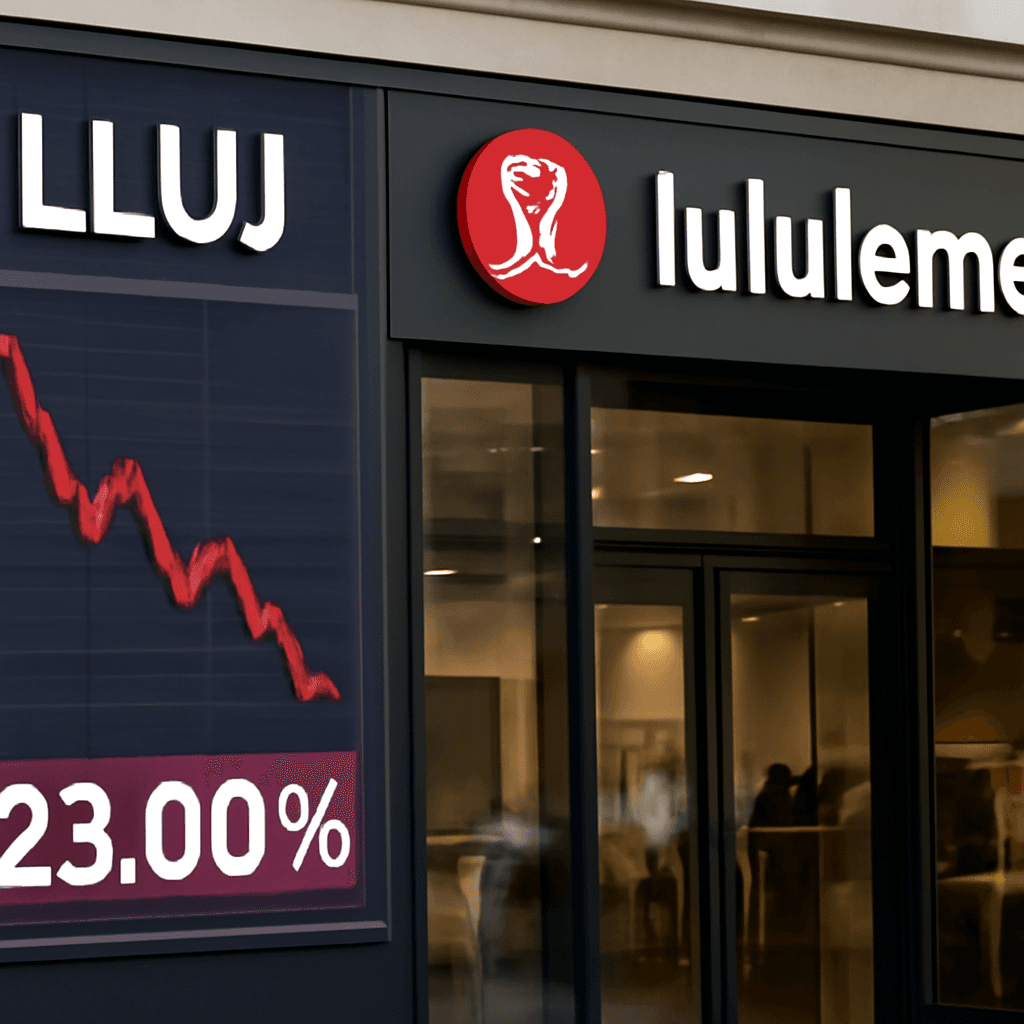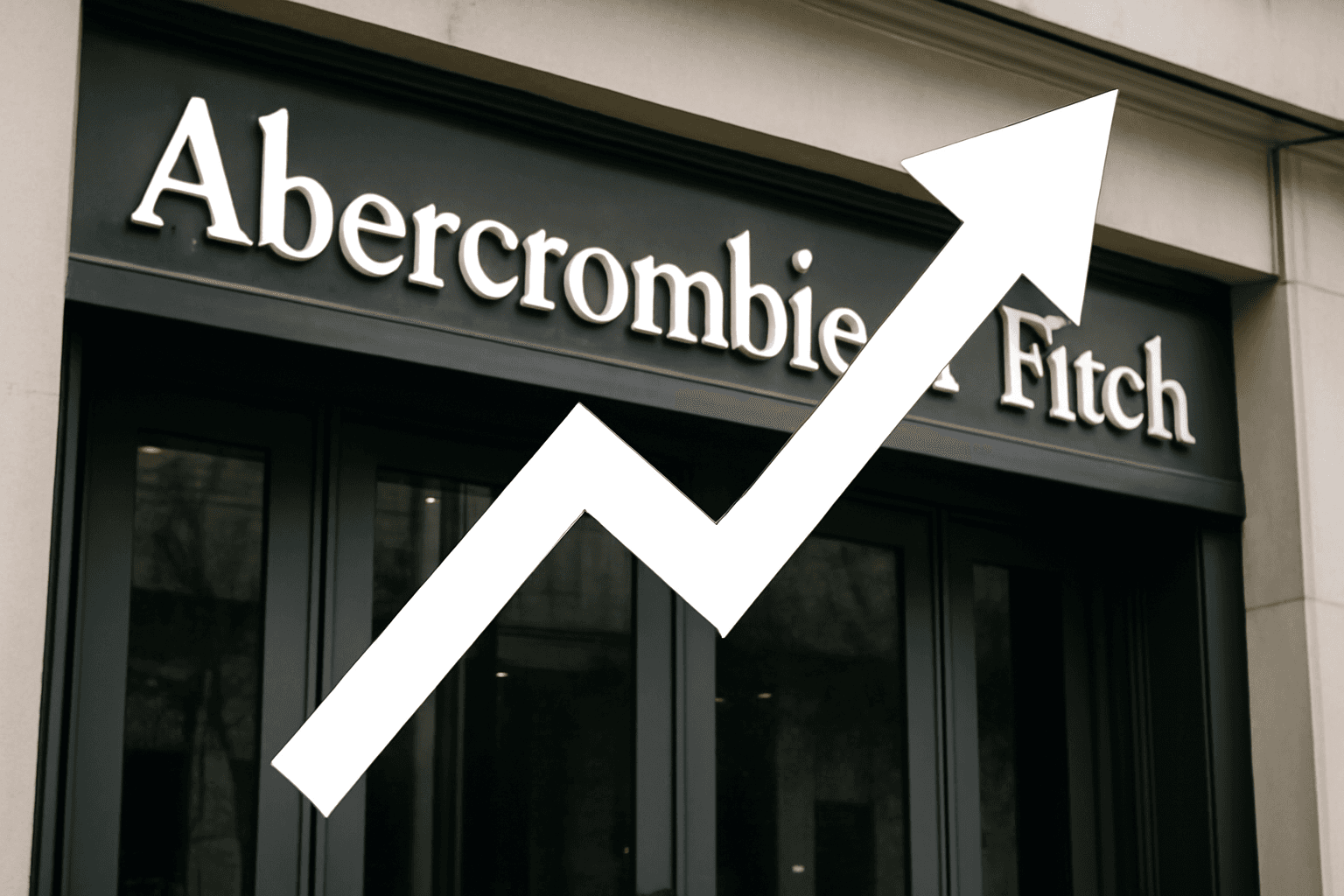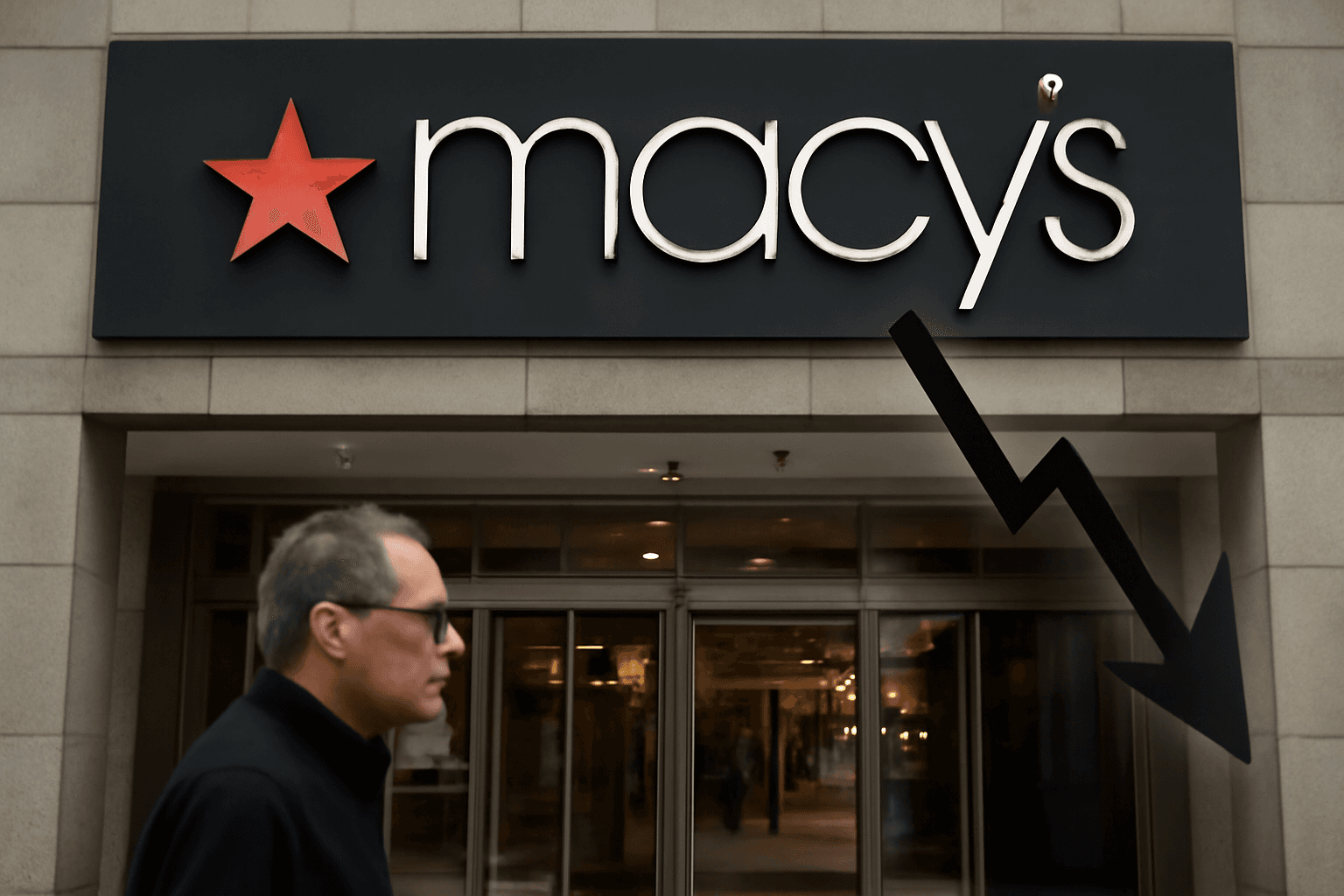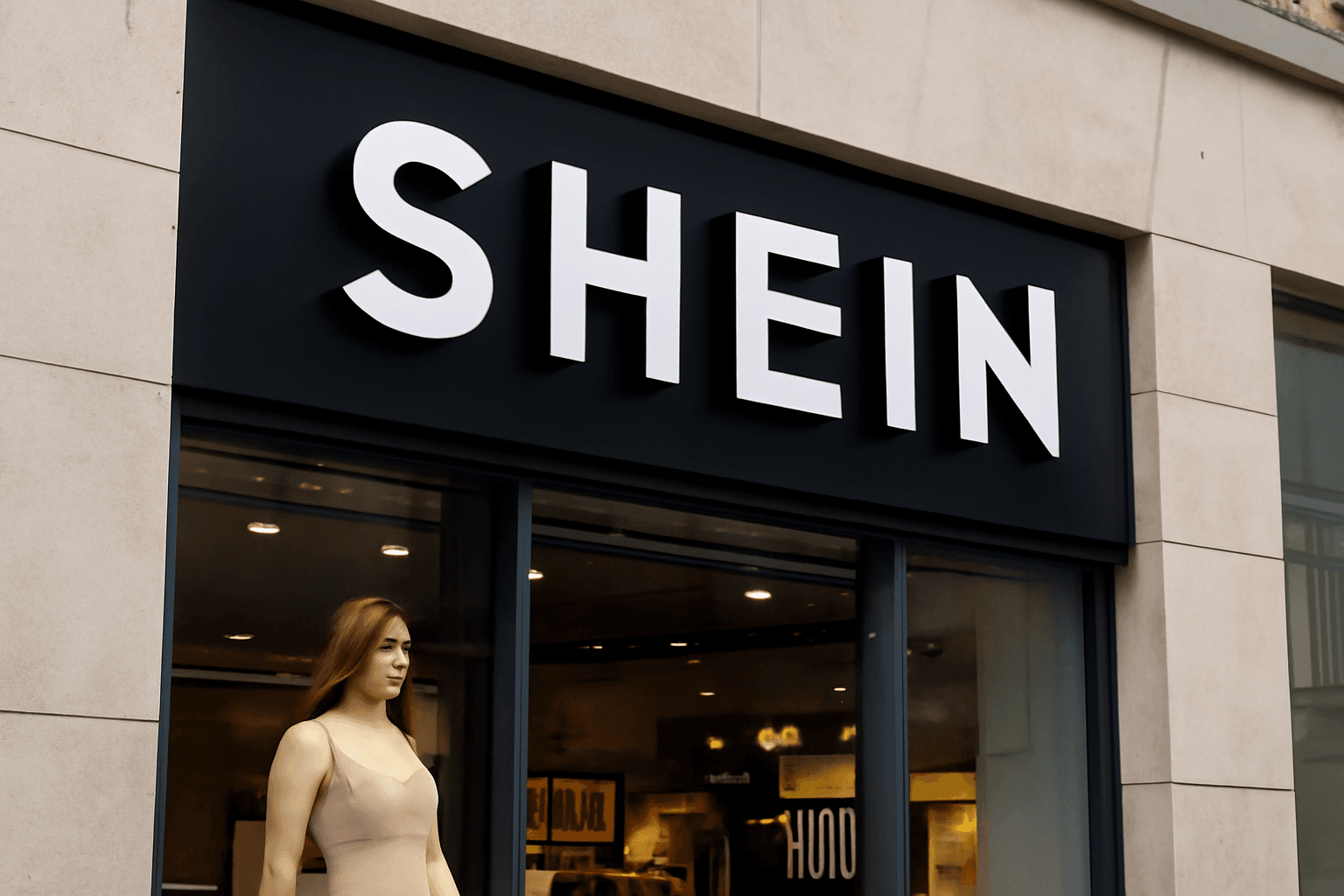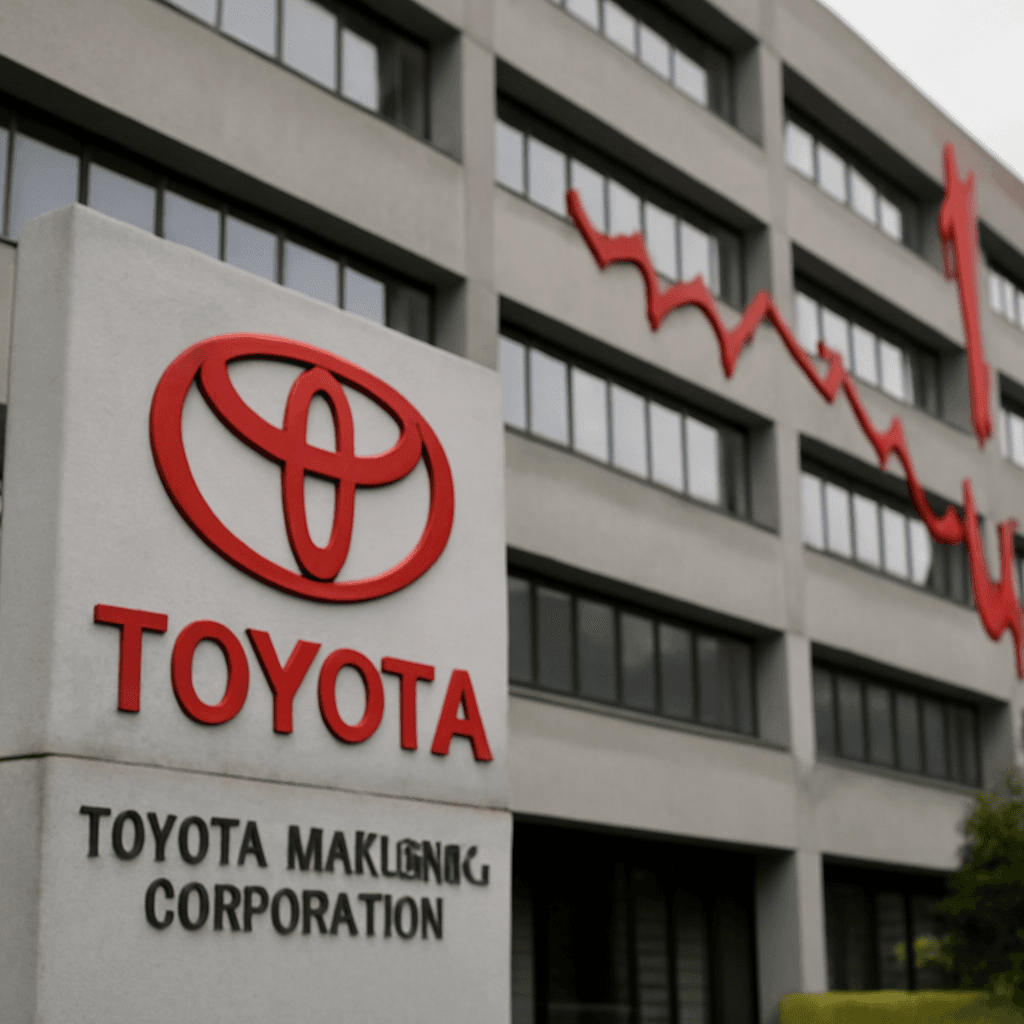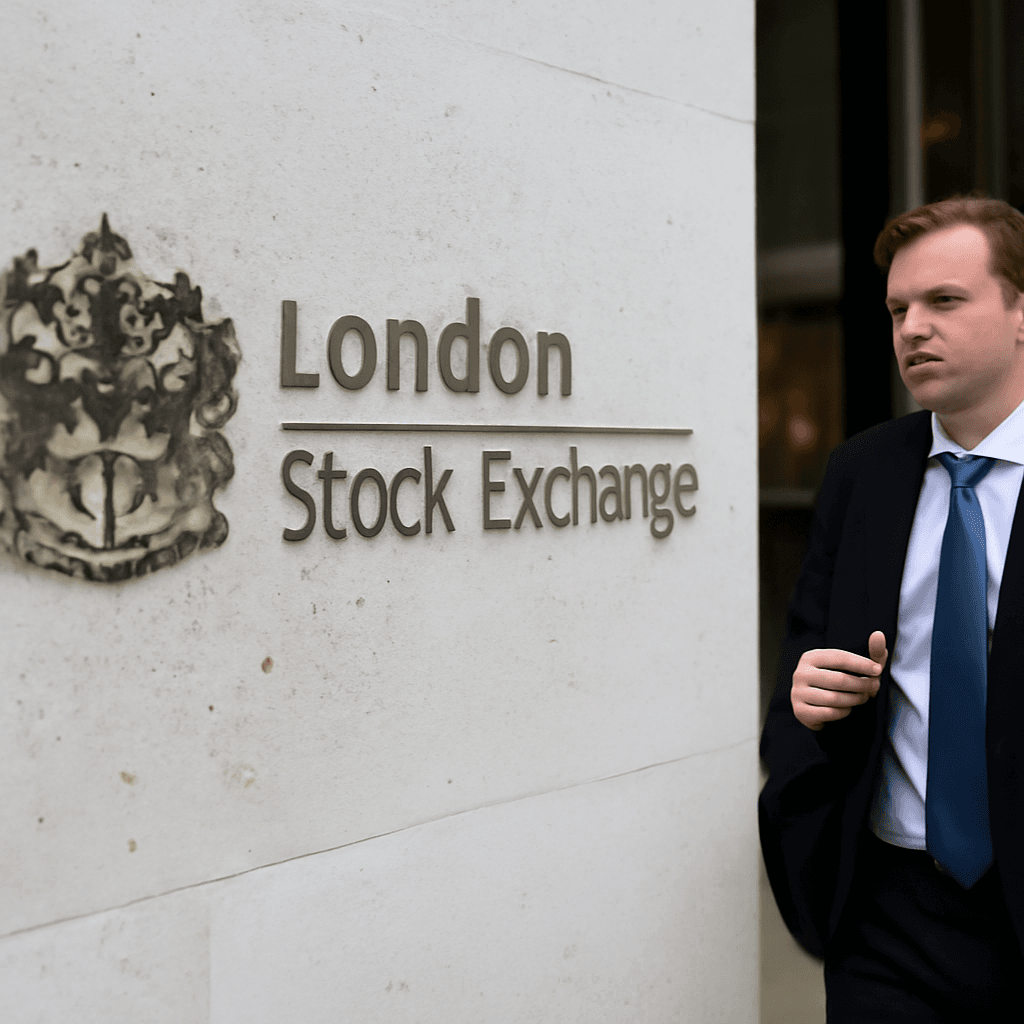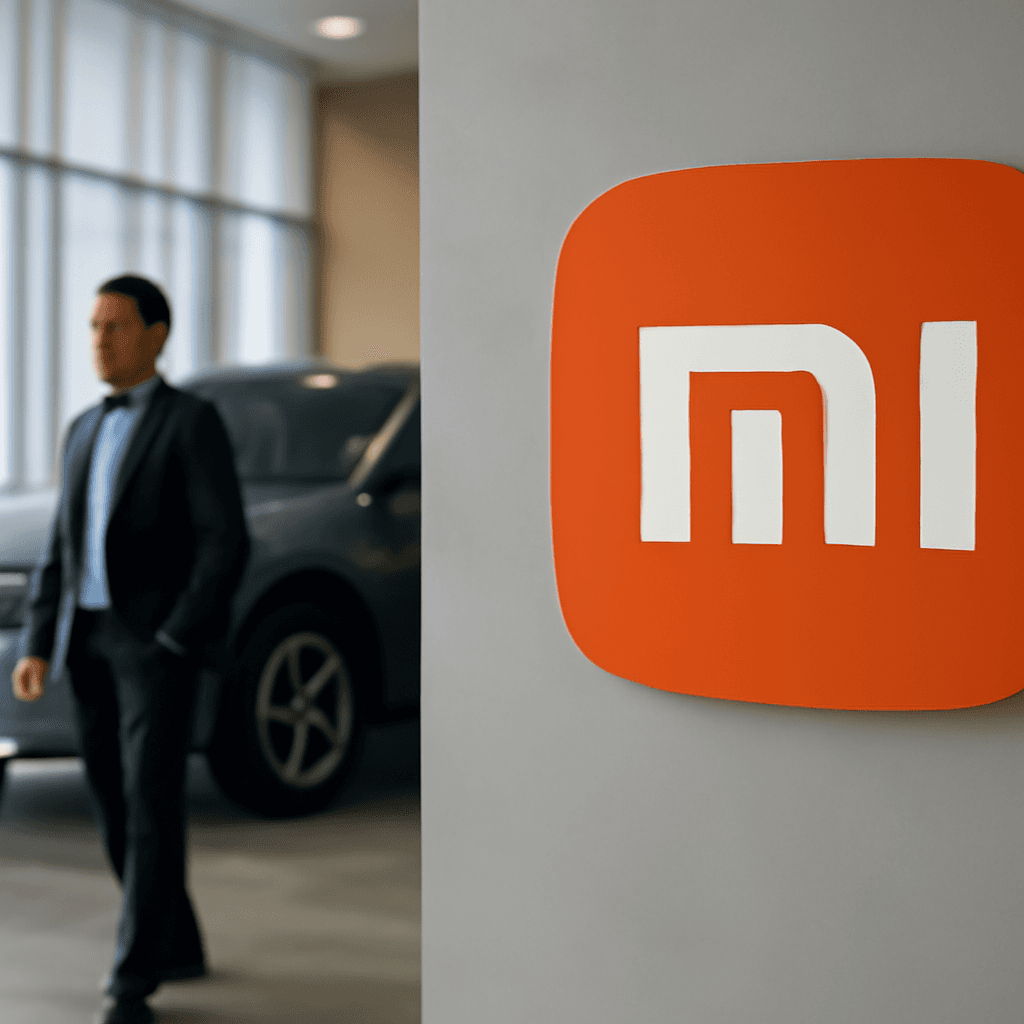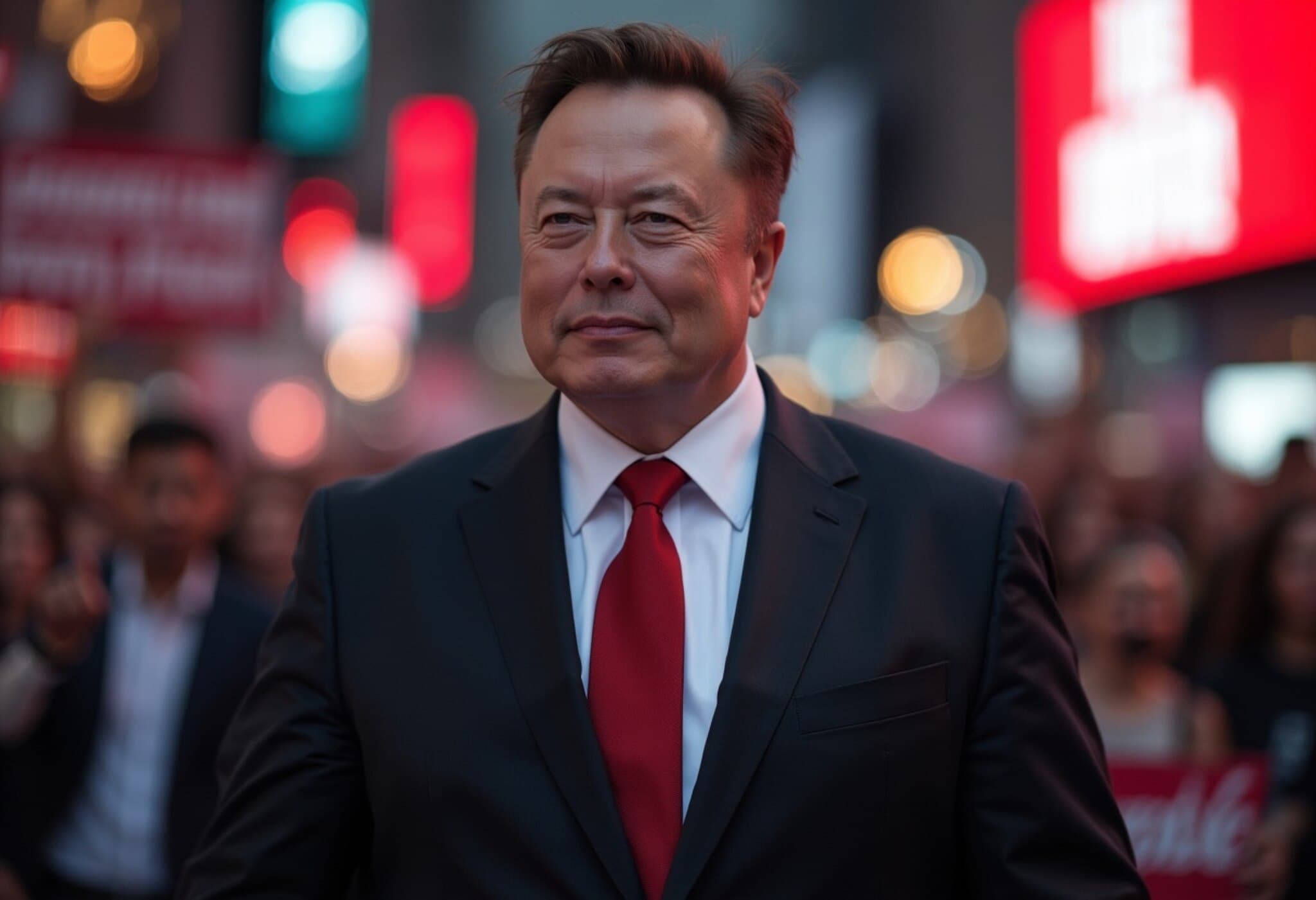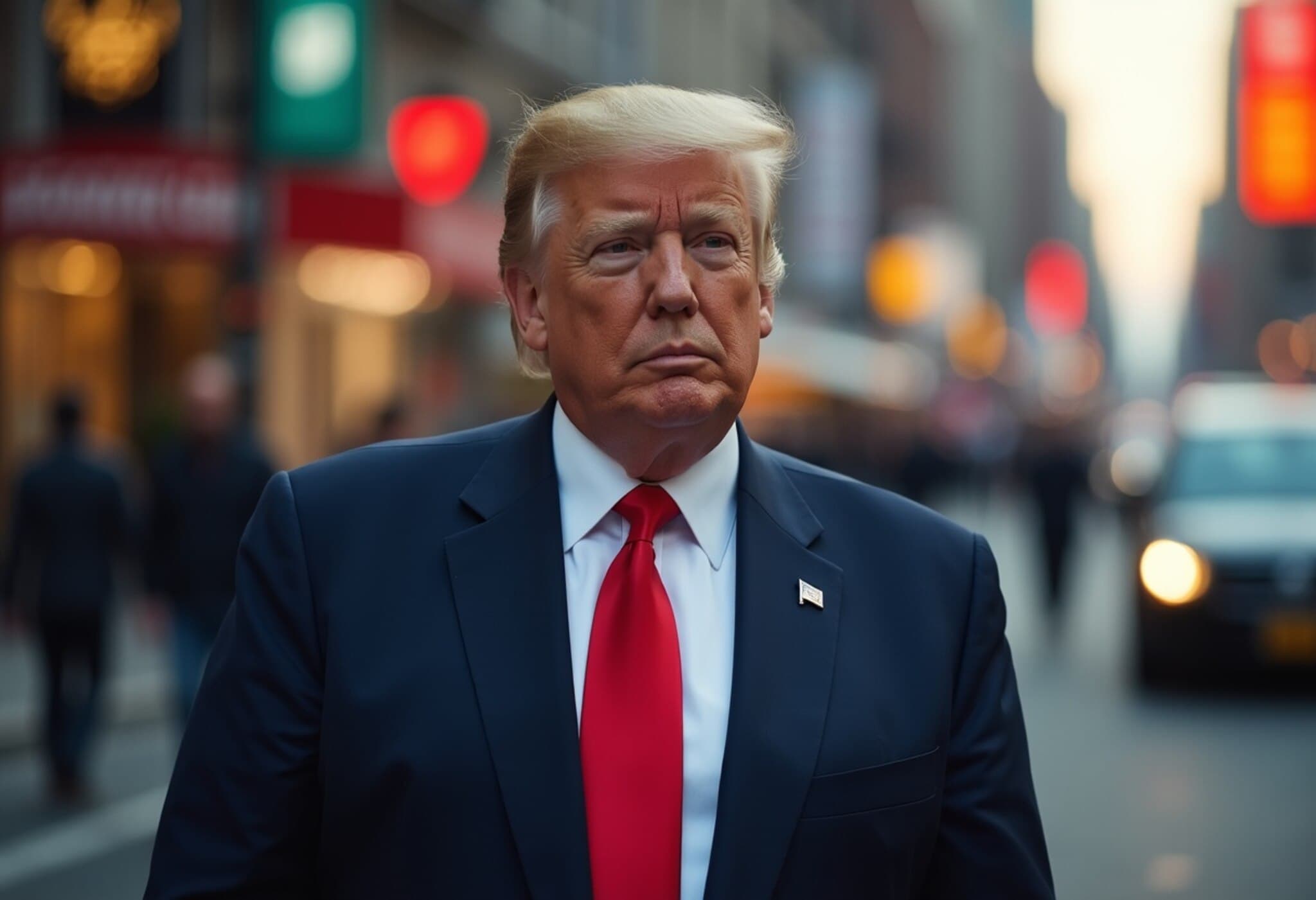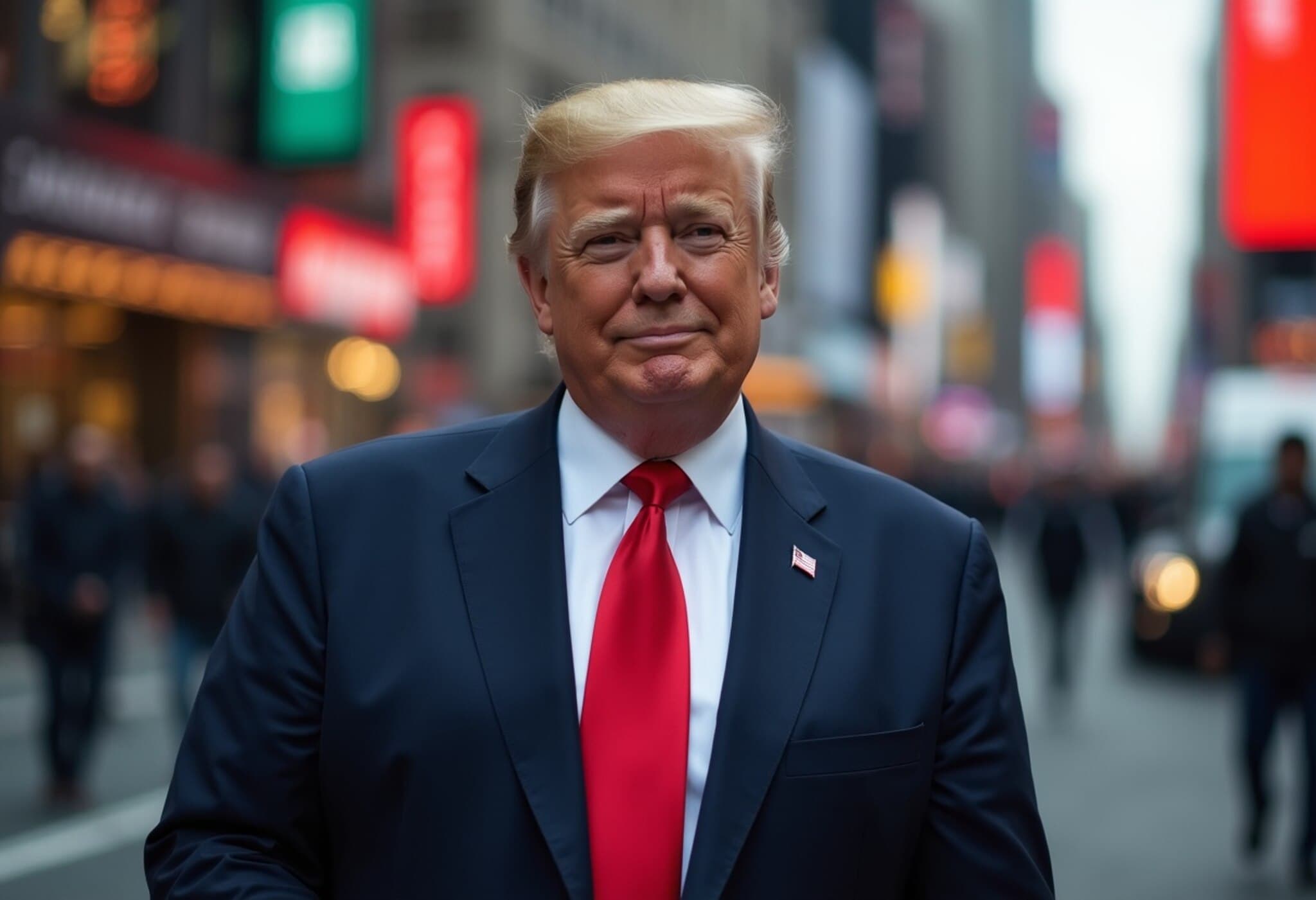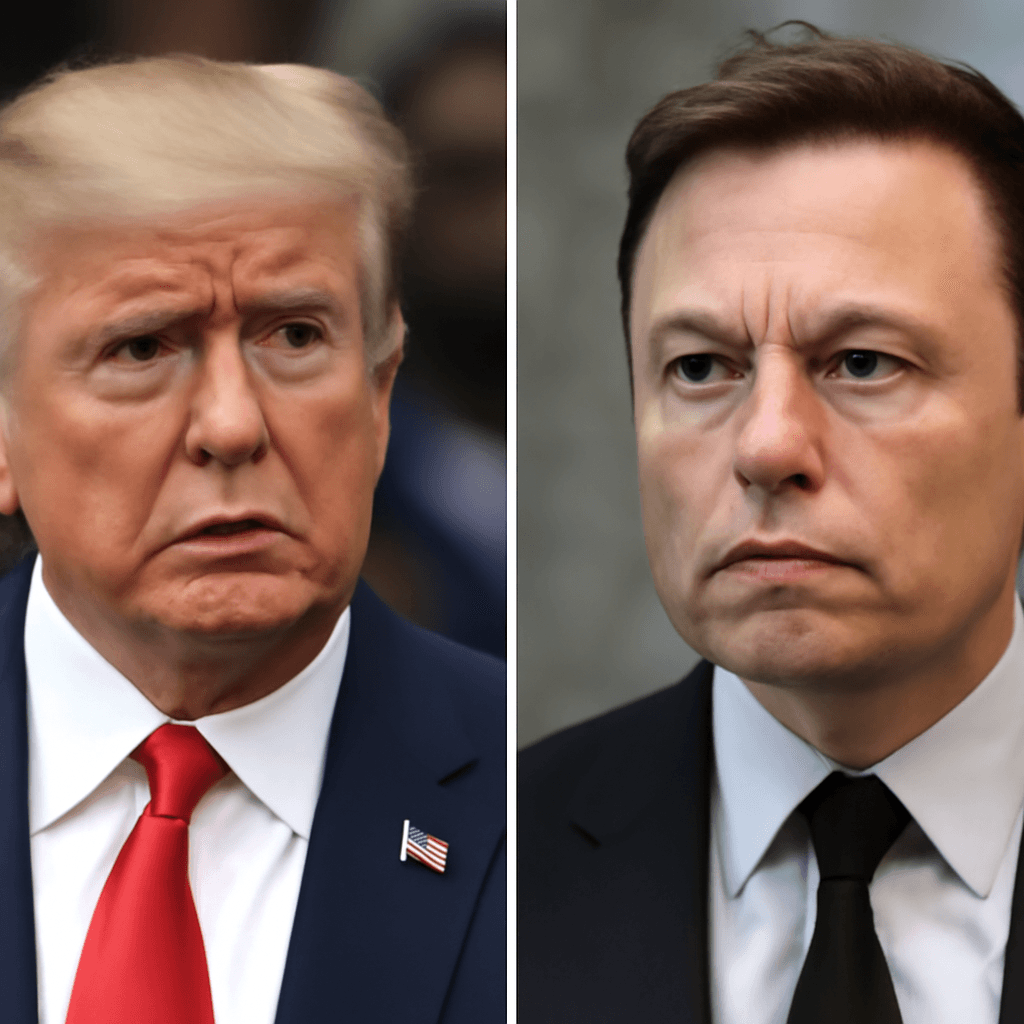Lululemon Reports Mixed Fiscal First Quarter Results
Lululemon Athletic Apparel exceeded Wall Street expectations in its fiscal first quarter earnings. The company reported earnings per share (EPS) of $2.60 against the expected $2.58 and posted revenue of $2.37 billion, slightly above the anticipated $2.36 billion. Despite the strong quarterly performance, Lululemon lowered its full-year earnings guidance citing challenges in the macroeconomic environment.
Full-Year Earnings Guidance Revision and Impact on Stock
The company revised its full-year EPS forecast down to a range of $14.58 to $14.78, a reduction from the previous expectation of $14.95 to $15.15. This adjustment fell below analyst expectations anchored at $14.89 per share. Following the guidance cut, Lululemon's shares plunged approximately 23% in after-hours trading.
Management Insights on Market Environment and Pricing Strategies
CEO Calvin McDonald expressed concerns about subdued growth in the U.S. market, highlighting a cautious consumer base that is deliberate in their spending decisions. The company’s CFO Meghan Frank disclosed plans to implement strategic price increases across select product categories to offset the impact of tariffs. These modest price adjustments are set to roll out starting in the latter half of the current quarter extending into the third quarter.
Tariff Challenges and Supply Chain Breakdown
Lululemon operates in a complex international supply chain, with approximately 40% of its products manufactured in Vietnam and significant shares produced in Cambodia, Sri Lanka, Indonesia, and Bangladesh. The company is subject to a 30% incremental tariff on Chinese imports and a 10% tariff on goods from other regions. Frank emphasized that the full-year projections account for these tariffs, which have contributed to margin pressures.
Manufacturing Sources by Region
- Vietnam: 40%
- Cambodia: 17%
- Sri Lanka: 11%
- Indonesia: 11%
- Bangladesh: 7%
- Other regions: Remaining percentage
Financial Performance Highlights
- First-quarter net income: $314 million (versus $321 million year-over-year)
- Comparable sales growth: 1% year-over-year, below the 3% forecast
- Americas sales decline: 2%
- International sales increase: 6%
- Gross margin: 58.3%, beating the expected 57.7%
However, the company projects a full-year gross margin decline of approximately 110 basis points compared to 2024, a larger decrease than the prior estimate of 60 basis points, primarily driven by tariff-related cost increases.
Outlook for Second Quarter and Full Fiscal Year
Lululemon forecasts second-quarter revenue between $2.54 billion and $2.56 billion, closely aligned with analyst expectations. The full-year revenue outlook remains steady at $11.15 billion to $11.3 billion. For the second quarter, the company expects EPS in the range of $2.85 to $2.90, which falls short of analysts’ estimate of $3.29.
Context Within the Retail Sector
Lululemon's earnings update reflects broader uncertainty affecting retailers, especially due to tariff regulations impacting sourcing costs. Competitors in the athleticwear segment, such as Gap's Athleta brand and Nike, have similarly reported tariff-related headwinds leading to price adjustments and earnings outlook revisions. Despite these challenges, Lululemon executives believe the company’s strong financial position and strategic approach position it favorably to navigate these external pressures.

